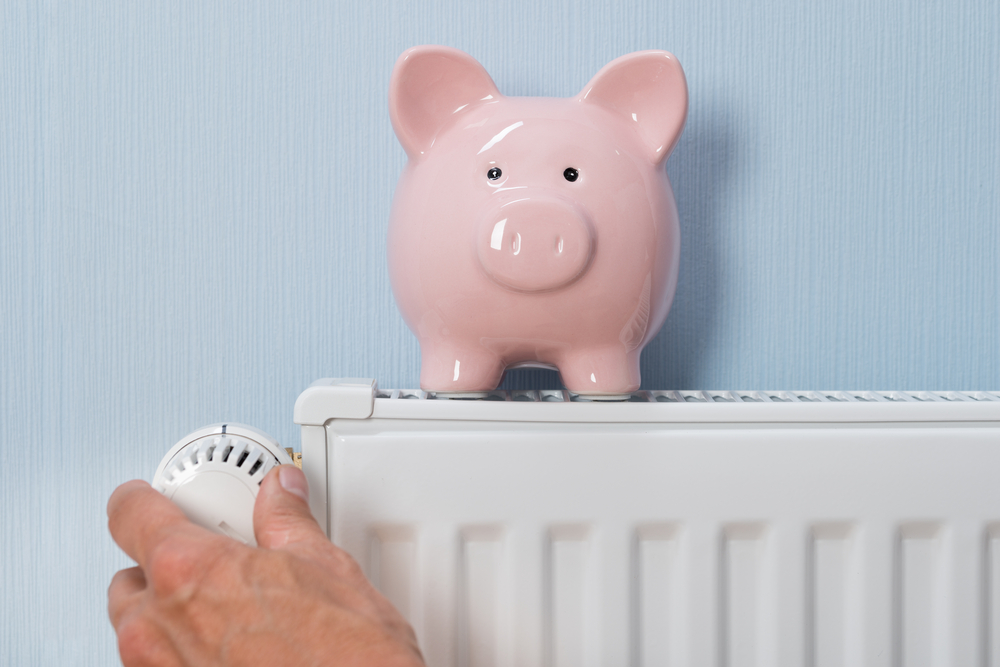Household Bills
10m households face energy bill jump

A whopping 10 million households are set to see their gas and electricity costs rise this week.
That’s according to figures from comparison site energyhelpline.com, which found that these energy customers will collectively see their bills jump by £927m.
Paying for a standard tariff
When you take out a deal with an energy provider, you initially benefit from their best pricing, whether that’s on a fixed tariff or variable tariff.
This deal lasts for a year or two, and after that point you head onto the lender’s standard tariff.
These standard tariffs ‒ also known as default tariffs ‒ are always more expensive. Indeed it’s because of how pricey they are that the energy price cap was introduced. The price cap essentially only applies to standard tariffs, and serves as a way to prevent suppliers ripping off customers.
However, these standard tariffs are about to become even more costly.

Why Life Insurance Still Matters – Even During a Cost-of-Living Crisis
Sponsored by Post Office
Increasing the price cap
Twice a year Ofgem, the energy regulator, reviews the level of the energy price cap. It does this by looking at what energy firms are paying on the wholesale markets for that energy, to determine what would be a fair level for that cap.
It also takes into account other factors that might damage an energy supplier’s financial position, which is particularly relevant at the moment as many suppliers have had to cope with customers falling behind on their bills due to the pandemic.
As a result, earlier this year Ofgem confirmed that it would be increasing the energy price cap to £1,138, a jump of £96.
What it means for your bill
That price cap increase takes effect from 1 April, and so a host of energy suppliers have confirmed that they will be increasing their standard tariffs too.
Indeed, all of the big names ‒ the likes of British Gas, E.ON, EDF, Scottish Power and npower ‒ will be hiking their bills to the maximum allowed for standard tariff users.
Tom Lyon, director of energy at energyhelpline.com, noted that homeowners had faced a year of spiralling energy costs due to lockdowns, and were now faced with significant price hikes.
He continued: “Wholesale energy prices, which account for over half of bills, continue to rise and so we expect that further increases are likely this year.”
Switch and save
The simplest way to save on your energy bills is to regularly shop around and switch to a cheap fixed tariff, rather than allowing your deal to mature and move onto the standard tariff.
According to Ofgem figures, the cheapest tariffs in February cost the average household around £933. As a result, being on the standard tariff will cost you more than £100 a year currently.
However, while switching can save you cash, it doesn’t always go smoothly. Around one in four households that switch experience issues.